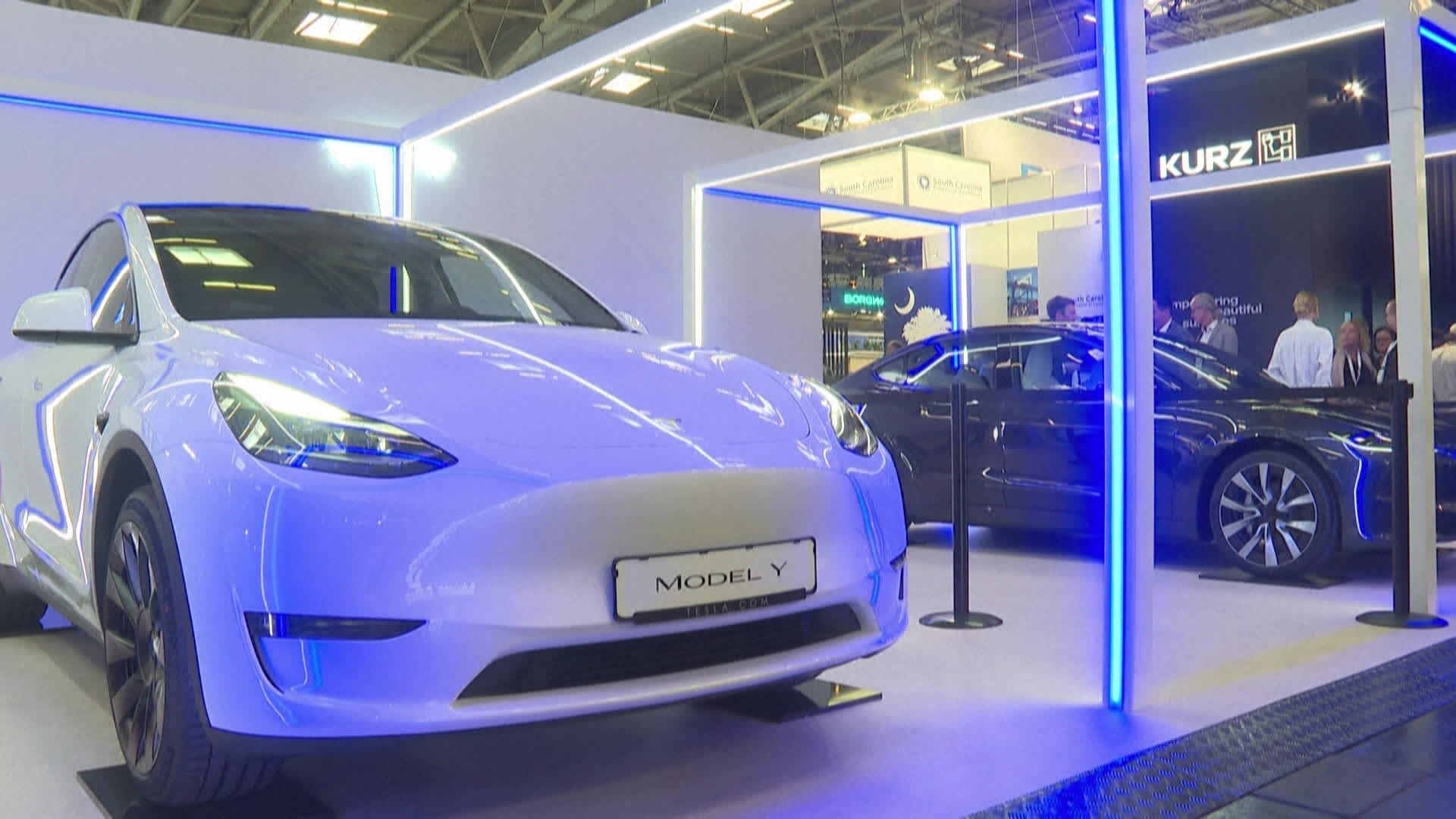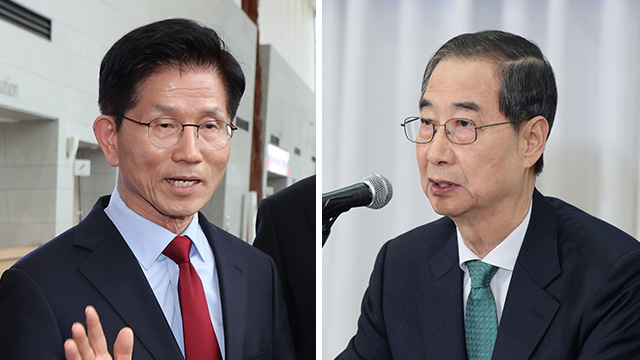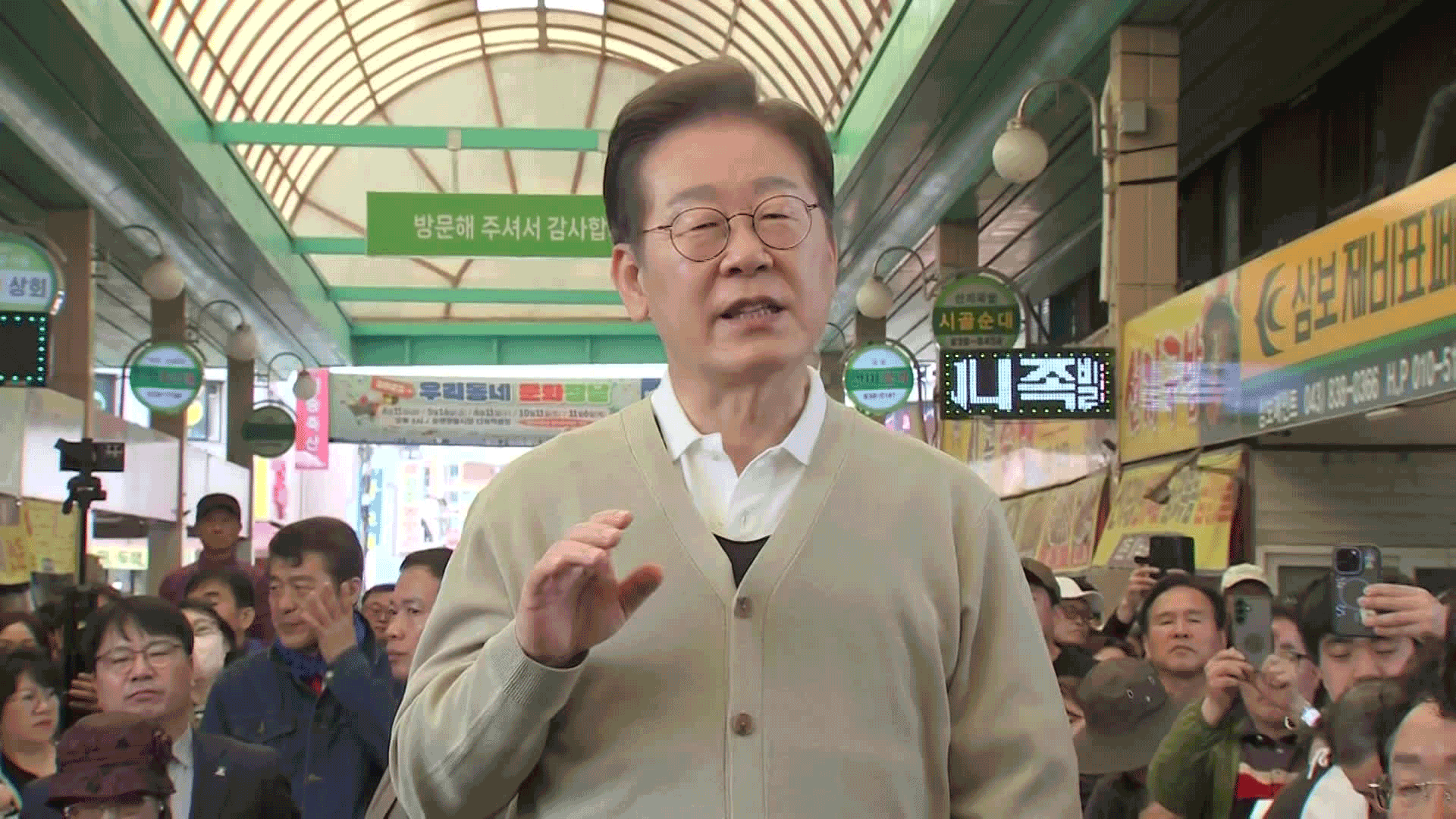[Anchor]
So, is the reason that American cars are not selling in Korea really due to a "closed market?"
Upon investigation, there were no taxes or various regulations that were particularly unfavorable to American companies.
Reporter Park Kyung-jun has looked into this.
[Report]
The American Tesla's electric vehicle model Y sold over 18,000 units last year, making it the third best-selling imported car in the country.
However, about 40,000 American cars entered the domestic market last year.
Excluding Tesla, the rest of the brands barely sold over 10,000 units, indicating poor performance.
When looking by country, the U.S. ranks second after Germany, but Tesla holds a significant share.
The U.S. claims that this poor performance in overseas markets is due to exclusive systems in countries like Korea, but the reality is different.
First, regarding tariffs, both Korea and the U.S. have had a 0% rate since 2016, so there are no price barriers set by the government.
The same goes for 'non-tariff barriers' like regulations.
During the renegotiation of the FTA under the Trump administration in 2018, American companies selling fewer than 50,000 cars in Korea were allowed to follow U.S. safety standards instead of Korean ones, meeting U.S. requirements.
All American cars currently benefit from this.
[Kim Pil-soo/Professor, Daelim University College Department of Future Automotive Studies: "American cars are allowed even though it violates management laws, because they are opened up due to the Korea-U.S. FTA."]
The U.S. Trade Representative's report raises issues with the Ministry of Environment's regulations on emissions from imported cars, claiming they are non-tariff barriers that lead to import delays.
However, these apply to all foreign companies, so there is no special discrimination against the U.S.
To win over Korean consumers, the focus should be on improving competitiveness—such as product quality, completeness, and price—rather than blaming a "closed market."
This is KBS News, Park Kyung-jun.
So, is the reason that American cars are not selling in Korea really due to a "closed market?"
Upon investigation, there were no taxes or various regulations that were particularly unfavorable to American companies.
Reporter Park Kyung-jun has looked into this.
[Report]
The American Tesla's electric vehicle model Y sold over 18,000 units last year, making it the third best-selling imported car in the country.
However, about 40,000 American cars entered the domestic market last year.
Excluding Tesla, the rest of the brands barely sold over 10,000 units, indicating poor performance.
When looking by country, the U.S. ranks second after Germany, but Tesla holds a significant share.
The U.S. claims that this poor performance in overseas markets is due to exclusive systems in countries like Korea, but the reality is different.
First, regarding tariffs, both Korea and the U.S. have had a 0% rate since 2016, so there are no price barriers set by the government.
The same goes for 'non-tariff barriers' like regulations.
During the renegotiation of the FTA under the Trump administration in 2018, American companies selling fewer than 50,000 cars in Korea were allowed to follow U.S. safety standards instead of Korean ones, meeting U.S. requirements.
All American cars currently benefit from this.
[Kim Pil-soo/Professor, Daelim University College Department of Future Automotive Studies: "American cars are allowed even though it violates management laws, because they are opened up due to the Korea-U.S. FTA."]
The U.S. Trade Representative's report raises issues with the Ministry of Environment's regulations on emissions from imported cars, claiming they are non-tariff barriers that lead to import delays.
However, these apply to all foreign companies, so there is no special discrimination against the U.S.
To win over Korean consumers, the focus should be on improving competitiveness—such as product quality, completeness, and price—rather than blaming a "closed market."
This is KBS News, Park Kyung-jun.
■ 제보하기
▷ 카카오톡 : 'KBS제보' 검색, 채널 추가
▷ 전화 : 02-781-1234, 4444
▷ 이메일 : kbs1234@kbs.co.kr
▷ 유튜브, 네이버, 카카오에서도 KBS뉴스를 구독해주세요!
- U.S. blames market
-
- 입력 2025-05-03 01:20:37

[Anchor]
So, is the reason that American cars are not selling in Korea really due to a "closed market?"
Upon investigation, there were no taxes or various regulations that were particularly unfavorable to American companies.
Reporter Park Kyung-jun has looked into this.
[Report]
The American Tesla's electric vehicle model Y sold over 18,000 units last year, making it the third best-selling imported car in the country.
However, about 40,000 American cars entered the domestic market last year.
Excluding Tesla, the rest of the brands barely sold over 10,000 units, indicating poor performance.
When looking by country, the U.S. ranks second after Germany, but Tesla holds a significant share.
The U.S. claims that this poor performance in overseas markets is due to exclusive systems in countries like Korea, but the reality is different.
First, regarding tariffs, both Korea and the U.S. have had a 0% rate since 2016, so there are no price barriers set by the government.
The same goes for 'non-tariff barriers' like regulations.
During the renegotiation of the FTA under the Trump administration in 2018, American companies selling fewer than 50,000 cars in Korea were allowed to follow U.S. safety standards instead of Korean ones, meeting U.S. requirements.
All American cars currently benefit from this.
[Kim Pil-soo/Professor, Daelim University College Department of Future Automotive Studies: "American cars are allowed even though it violates management laws, because they are opened up due to the Korea-U.S. FTA."]
The U.S. Trade Representative's report raises issues with the Ministry of Environment's regulations on emissions from imported cars, claiming they are non-tariff barriers that lead to import delays.
However, these apply to all foreign companies, so there is no special discrimination against the U.S.
To win over Korean consumers, the focus should be on improving competitiveness—such as product quality, completeness, and price—rather than blaming a "closed market."
This is KBS News, Park Kyung-jun.
So, is the reason that American cars are not selling in Korea really due to a "closed market?"
Upon investigation, there were no taxes or various regulations that were particularly unfavorable to American companies.
Reporter Park Kyung-jun has looked into this.
[Report]
The American Tesla's electric vehicle model Y sold over 18,000 units last year, making it the third best-selling imported car in the country.
However, about 40,000 American cars entered the domestic market last year.
Excluding Tesla, the rest of the brands barely sold over 10,000 units, indicating poor performance.
When looking by country, the U.S. ranks second after Germany, but Tesla holds a significant share.
The U.S. claims that this poor performance in overseas markets is due to exclusive systems in countries like Korea, but the reality is different.
First, regarding tariffs, both Korea and the U.S. have had a 0% rate since 2016, so there are no price barriers set by the government.
The same goes for 'non-tariff barriers' like regulations.
During the renegotiation of the FTA under the Trump administration in 2018, American companies selling fewer than 50,000 cars in Korea were allowed to follow U.S. safety standards instead of Korean ones, meeting U.S. requirements.
All American cars currently benefit from this.
[Kim Pil-soo/Professor, Daelim University College Department of Future Automotive Studies: "American cars are allowed even though it violates management laws, because they are opened up due to the Korea-U.S. FTA."]
The U.S. Trade Representative's report raises issues with the Ministry of Environment's regulations on emissions from imported cars, claiming they are non-tariff barriers that lead to import delays.
However, these apply to all foreign companies, so there is no special discrimination against the U.S.
To win over Korean consumers, the focus should be on improving competitiveness—such as product quality, completeness, and price—rather than blaming a "closed market."
This is KBS News, Park Kyung-jun.
-
-

박경준 기자 kjpark@kbs.co.kr
박경준 기자의 기사 모음
-
이 기사가 좋으셨다면
-
좋아요
0
-
응원해요
0
-
후속 원해요
0















이 기사에 대한 의견을 남겨주세요.